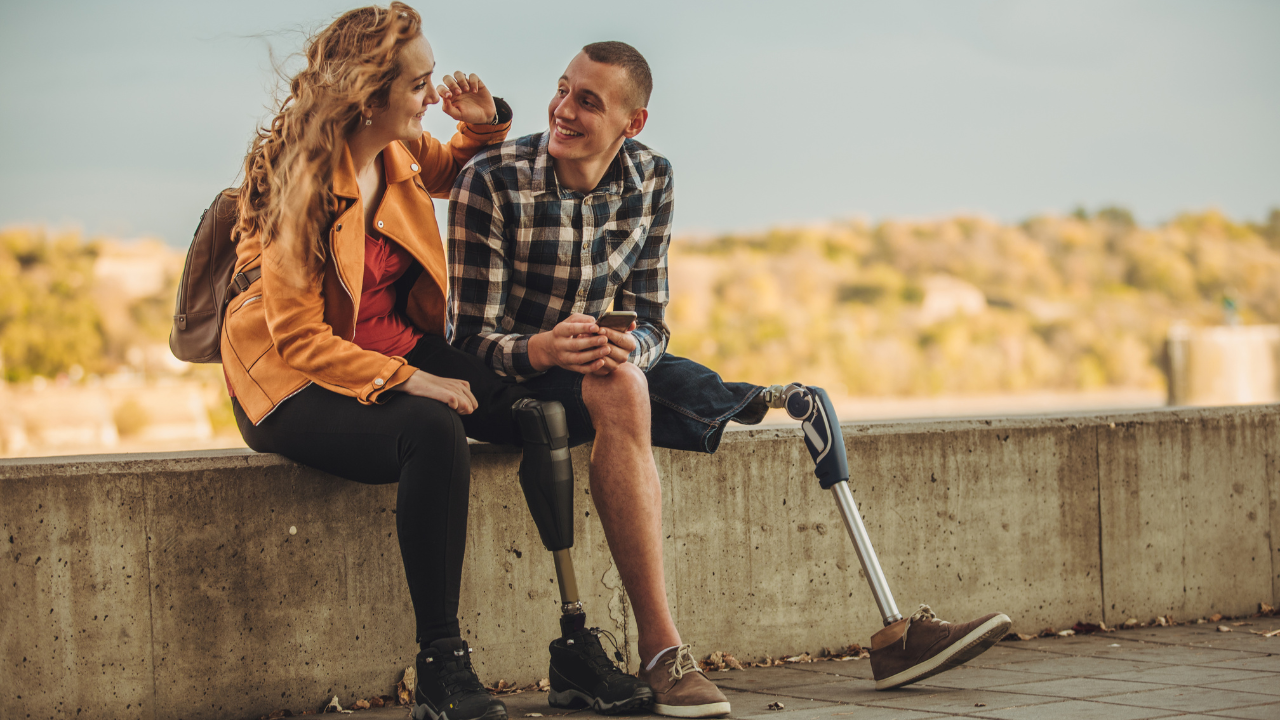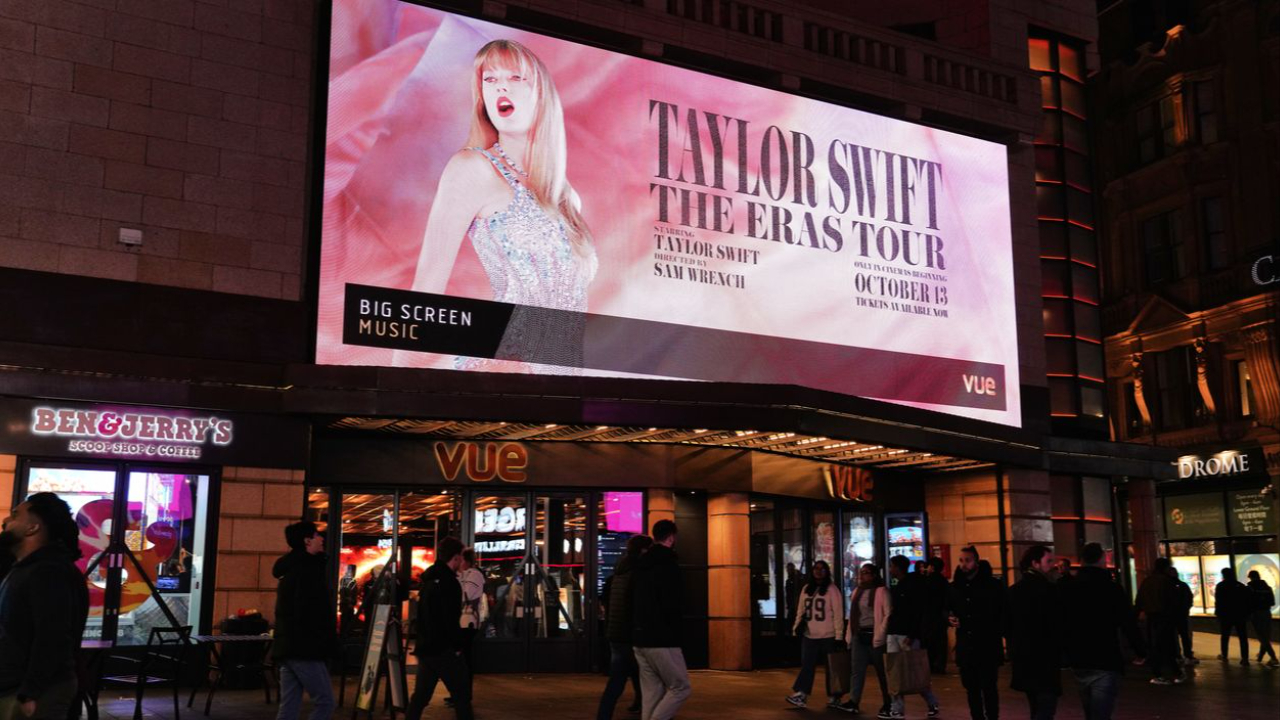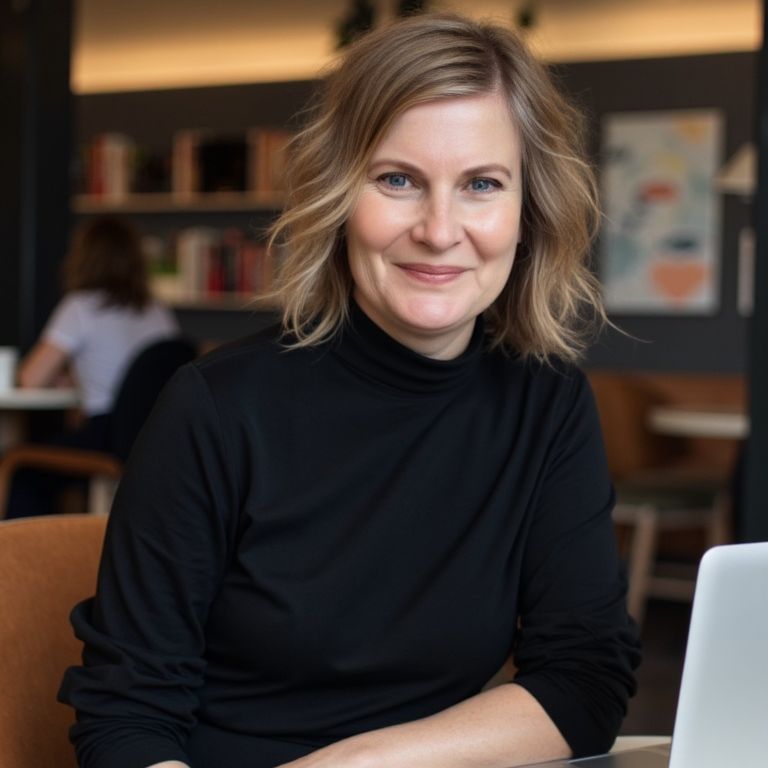Five steps to seeing your privilege
Jan 12, 2018
Across the globe women are speaking up about sexist and misogynistic behaviour that they're no longer willing to tolerate on any level. Women and men of colour are speaking up about racist behaviour that must stop. Activists and those who care about social justice are speaking about the intersectionality of oppressive systems and the need to break them all down.
The responses, by those who haven't taken the time to deconstruct how their own privilege influences their experience of the world, are predictably similar. (And of course, almost all of us have some level of privilege to deconstruct and most of us have intersecting privileges.)
Whilst you refuse to examine your privilege - be it of colour, or class, gender, sexuality, or bodily ability, or a combination of those things - you are choosing to actively sustain existing systems of oppression.
As human beings, we're very quick to look at how we're been oppressed. We're willing to talk about it and rally behind it.
This is vitally important. It's imperative to creating change.
Equally important is our willingness to look at how we might be the ones oppressing others.
We often resist this work. We resist it because we think we're being forced to acknowledge we're bad people. We're not. We're being asked to understand how we've been programmed by systems of oppression which are using us to suppress other people.
We know we've been programmed because when faced with stories told by those who aren't occupying positions of privilege, privileged people respond in almost identical fashion.
1. They deny that anything is wrong
Then they try to educate the formerly oppressed individual; trying to save him or her by showing them the light. They explain the world as they see it from their position of privilege, on the assumption that their perspective is always right. They enforce their own perspective because that's necessary to maintaining the system in which they live. (Although it's unlikely they're aware that this is what they're doing.)
2. They accuse the other of victimhood
When their attempt at re-educating the other person is rebuffed, they accuse them of falling into a trap of deep victimhood. They assume that because they're not also experiencing the same thing it says something negative about the other person, and positive about them. They assume it speaks to their superiority and their power.
It does. But not in the way they think. They think it demonstrates their personal and moral superiority. They say things like 'Well that would never happen to me. I wouldn't let it.'
What it actually says about their superiority and power is that throughout their whole lives they've benefitted from a system that's raised them above all others.
As a consequence, they've acquired a level of support that they assume all others have also been receiving. (Which is why men ask 'Why did you leave it so long to speak up about sexual harassment?' They assume women are operating with the same level of cultural and institutional support that they are.)
The privileged have acquired this support not because of anything inherently special about their individual characters, but because of the colour of their skin or their sexual preference, because of their body's ability, or the sex organs they were assigned at birth.
They don't see that these privileges slotted them into a different stream of life experience to their sisters and their mothers, their colleagues and their friends.
They don't see that their lives have been designed to be easier than other people's.
We've all bought into a lie of meritocracy but meritocracy only works when you start from a level playing field. What the privileged don't fully acknowledge is that they were born streaks ahead of everyone else on the playing field. They think they've been running a fair race and thanks to their inherent talents and hard work, they've been winning. They haven't. They've been running a race that's rigged in their favour and taking the glory for a falsehood.
3. They feel hostile or guilty or both
If people of privilege make it this far down the rabbit hole, they often become hostile or guilty at this point. A combination of defensive guiltiness is common.
Guilt is of course, a normal and healthy response (albeit not helpful). If you're a good and well-meaning person, it's awful to realise that not everyone has had the benefits you've had. It's awful to realise that while you thought you were running alongside your wife or your friend of colour - enjoying the experience as equals - in fact, they were originally placed way back in the field, many lengths behind you. And in order to maintain the mirage of equality, they've had to run harder and faster than you and overcome hurdles that were never placed in your lane. If and when they inevitably lag behind, until now you assumed it said something about their weakness.
The guilt comes from realising it never did. It didn't say anything about your strength either. You were merely benefitting from a system that was rigged in your favour.
4. Clarity dawns
For the rare few, clarity starts to dawn at this point as they realise that while privilege brings benefits on the one hand, it also weakens you. When you live in a position of privilege you haven't built the kind of resilience or personal strength that others have, because you haven't needed to.
You think your personal challenges are different but roughly on par with everyone else's. You've no notion what it is to walk down the street in fear of being sexually harassed or assaulted, shot or picked up by the police every single day.
You've no notion of what it is to feel unsafe walking the streets at night or to have to pre-plan every public outing down to the last detail because you're not sure which buildings and modes of transportation will accommodate wheelchairs and which won't.
You've no idea how it weighs you down to deal with this every day. To have no break from the relentlessness of it. You've no idea of the inner strength it takes to keep going anyway.
As a consequence, as a race or as a gender or as a collective, you're far weaker than you ever realised because you haven't needed to build the inner strength that others have.
If you can sit in that awareness - with all the emotions it brings up - you will benefit enormously. If you can stay open to listening and learning from those who, by necessity, have been building resilience from day 1, you will start to broaden your perspectives. You will see that people haven't been trying to make you feel badly about yourself, they've been trying to make you see clearly. You will see they've been helping to deprogram and free you from multiple, intersecting systems that have infected you.
5. They behave differently
The thing is though, it was never their job to do that. It was yours. And now that you know, it's time for you to pick up the baton and do the work yourself.
People don't blame you for your body and your life circumstances, they ask you to be more aware of what they are and how they're impacting other people. They ask you to stop assuming that your perspective is the right and only true perspective. They ask you to stop taking up all the seats at the table and let them in because they too have valuable contributions to make. They ask you to stop assuming you know what's best for them. They ask you to listen when they speak. They ask you to stop enforcing a monocultural viewpoint when we have the chance to create an extraordinarily beautiful, diverse and multicultural world.





